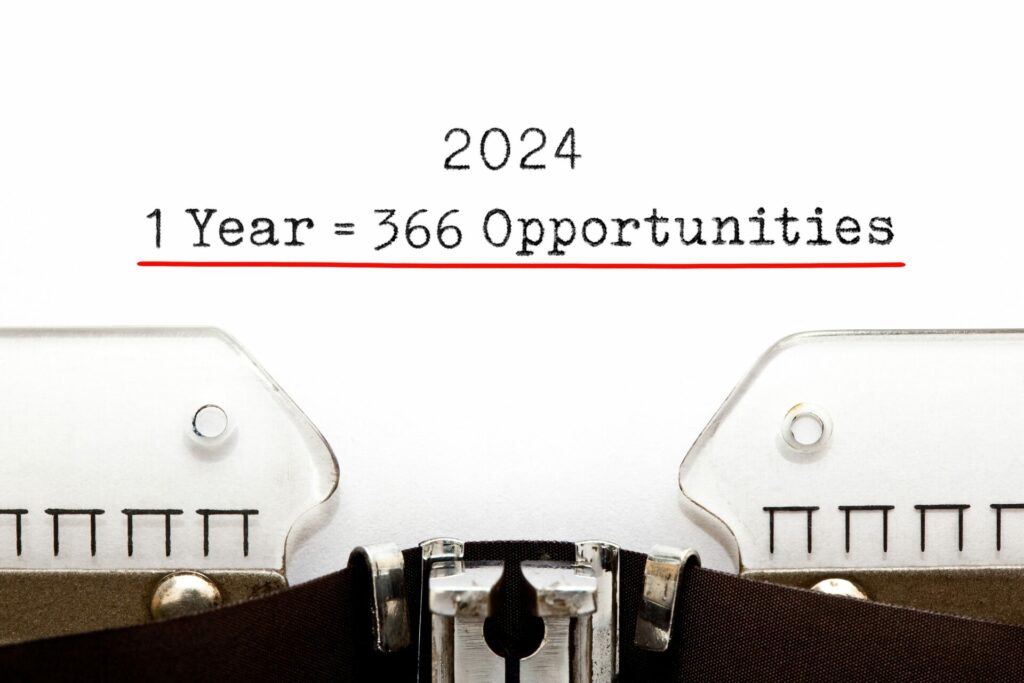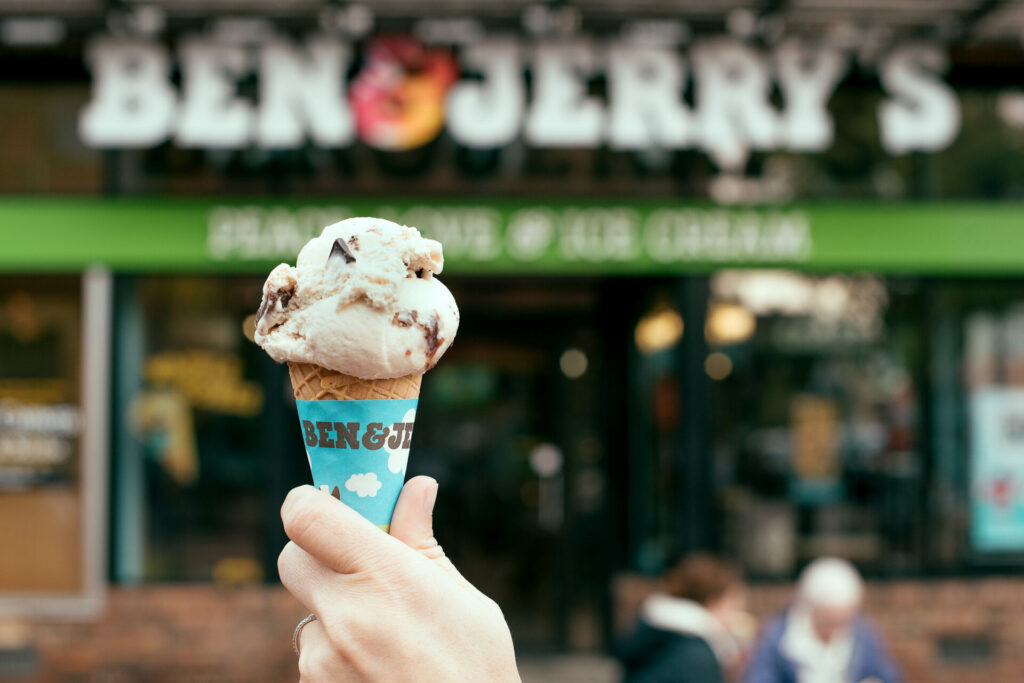We all know leafy greens and herbal teas are always good for us while doughnuts and expressos are the tasty bad guys, but experts now say we should now eat for our age to make the most of every decade.
Rather than suggesting one diet fits all ages, they are urging us to amend our eating habits so we sail through everything from an action-packed social life and the stress of a busy career to bringing up children and the menopause.
‘We need different nutrients at different times of our lives,’ says nutritionist Dr Marilyn Glenville. ‘A 20-year-old may have higher stress levels than a 53-year-old, but the person in their 50s may be worried about issues like osteoporosis,’ says Marilyn. ‘One person may be focusing on getting pregnant, whilst another might be concerned about their creaky joints. We’re all different.’
So what are the right foods for our age? The experts recommend the perfect diet for every decade…
In our 20s

At this stage of our lives, we may be just finishing at university or getting established in a career, and we’re likely to be busy socialising, keeping late nights, yet still getting up early for work.
‘If twenty-somethings have a play-hard lifestyle, they may be relying on quick fixes, like high-caffeine drinks and sugary snacks, to get them through the day,’ says Marilyn.
‘Crash dieting is another huge stress on the body. When we cut calories drastically, we lose too much body fat, which will affect our hormones’
‘This will put stress on their adrenal glands, which in turn affects their immune function, and they will find they’re getting infection after infection. Adrenal stress can cause irritable bowel syndrome symptoms, and bloating, or in women, it can cause irregular periods.’
This is the decade when we’re most likely to be influenced by photos of super-slim celebrities in the media.
‘Crash dieting is another huge stress on the body,’ adds Marilyn. ‘When we cut calories drastically, we lose too much body fat, which will affect our hormones.’
What should we eat?
Start with breakfast, urges Marilyn. ‘Breakfast sets us up for the day ahead,’ she explains. ‘If you skip the first meal of the day, your blood sugar will be low, which will stress your hormones and send you in search of a quick-fix sugary snack around 11am.
‘If our blood sugar is balanced, we’re less likely to crave chocolate bars and cakes. Eating protein with every meal can help stop these dips in blood sugar levels, so sprinkle some seeds on your morning porridge and include beans, quinoa and hummus in your meals.’
In our 30s
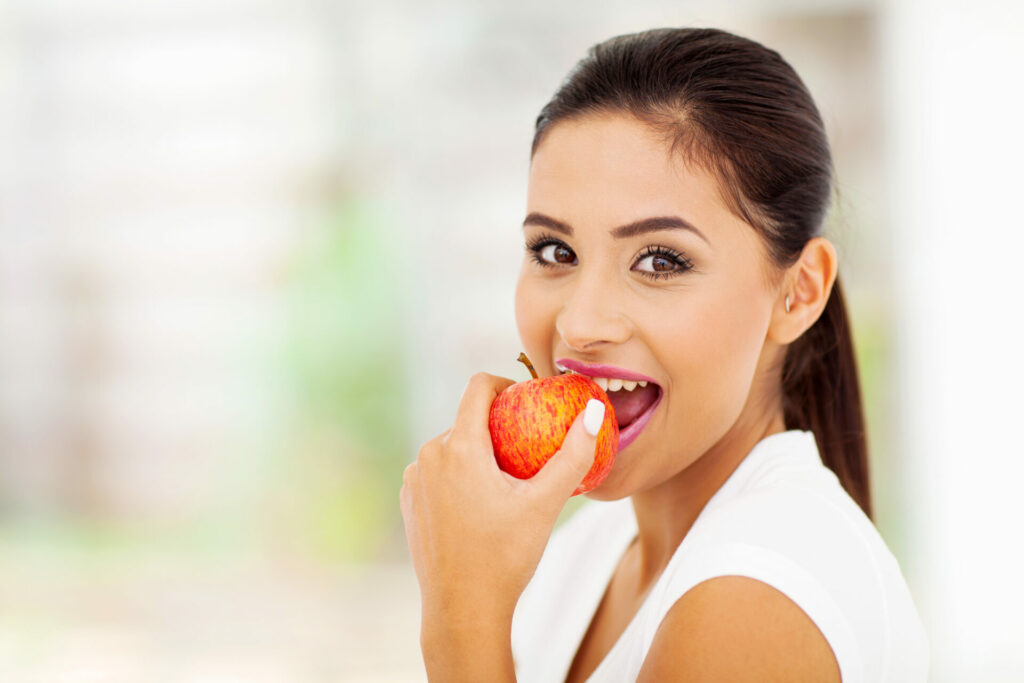
By the time we hit the big 3-0, our metabolism has started to slow down, which means if we carry on eating like a 20-year-old, we’ll put on weight.
According to Dubai-based nutrition and life coach Victoria Tipper, our hormones are to blame. ‘We start to notice the first signs of ageing and we see a decline in the production of human growth hormone. In turn this causes increased body fat and reduced muscle mass and bone density, so it really is a good time to start exercising, if we’re not already working out,’ she says.
In women, the reproductive hormones are still well balanced and oestrogen protects women from heart problems and some viruses. Men, however, may experience dips in testosterone, the hormone that’s responsible for building muscle and bone mass.
What should we eat?
Victoria says: ‘Antioxidants can prevent or delay some types of the cell damage which causes ageing, so eating foods such as artichokes, berries and dark green leafy vegetables like kale, can slow down the process. Beans and lentils, along with super green powders such as chlorella and spirulina, will also help.’
Because we reach our peak bone mass around the age of 35, calcium-rich foods are vital for healthy bones from our mid-thirties onwards.
‘In the UAE, people may stay inside away from the heat or they may be covered, so they’re not getting much vitamin D from the sun. If a test reveals low levels, it is worth using a supplement as it’s hard to get enough from food’
Marilyn explains: ‘We need to get calcium from foods such as sesame seeds, steamed tofu and tahini, but it might be worth getting your vitamin D levels checked because this vitamin determines how much calcium is absorbed from our food.
‘In the UAE, people may stay inside away from the heat or they may be covered, so they’re not getting much vitamin D from the sun. If a test reveals low levels, it would be worth using a supplement as it’s hard to get enough from food.’
In our 40s
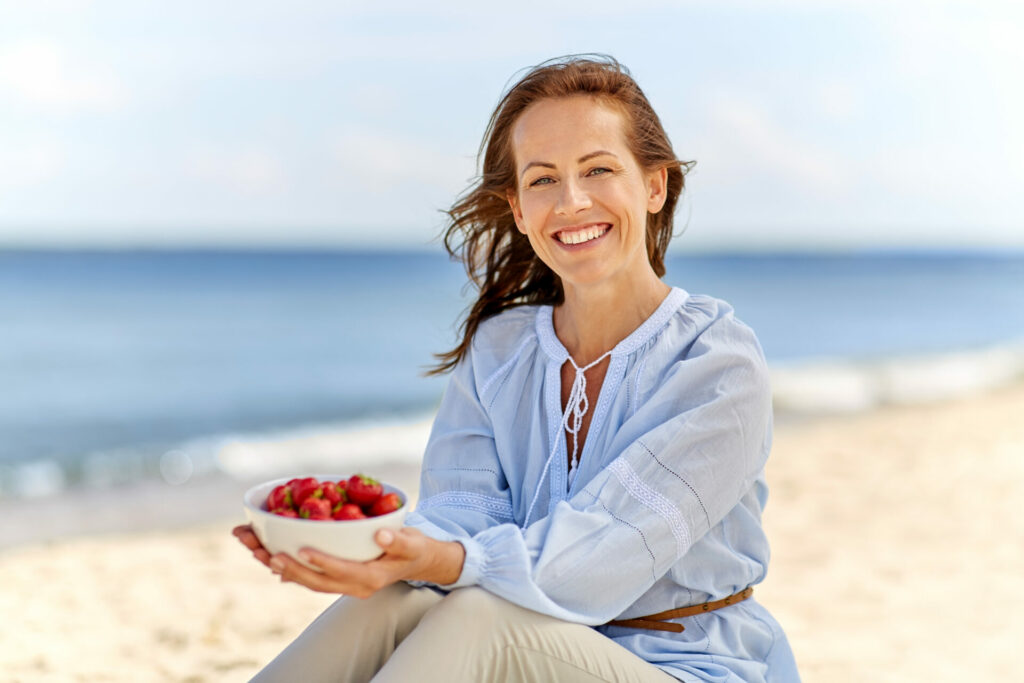
By middle age, we’re usually so busy juggling our families and careers that we have little time to look after ourselves. We fill up on carbohydrates such as white pasta and bread and resort to snacks for energy, and we start to lose our waistline.
‘Eating carbohydrates triggers the release of the hormone insulin which signals the body to store fat round the abdomen,’ explains Victoria.
‘Another culprit for fat storage round the middle is the hormone cortisol, which we release when we’re highly stressed.
‘We’re also watching our parents age and develop health conditions, like dementia, cancer and osteoporosis and wondering if those conditions will affect us too.’
According to Marilyn, this is also the age when we struggle with sleep patterns. ‘It may be there are still young children around and sleep is interrupted, or it could be the forty-something is waking at 3am and unable to get back to sleep, which will impact on the rest of their day.’
What should we eat?
Rather than counting calories, go for good quality foods, suggests Victoria. ‘This is the time to clean up our diet. Focus on having healthy fats as they are essential for sustainable energy, making hormones, nerve sheath protection and keeping the body from ageing,’ she says.
‘Great healthy fats include avocados and avocado oil, olive oil, coconut oil, flaxseed oil, organic ghee and nuts and seeds and their butters.
‘Try soaking and sprouting beans, lentils, grains, nuts and seeds to reduce the anti-nutrients. Sprouting also makes them easier to digest and it can increase the amount of protein in the food which is essential for those on a vegetarian or vegan diet.
‘Make healthier carb choices and opt for wholegrains, starchy vegetables and fruits, rather than white bread, pasta and rice, to keep the waistline trimmer.
‘Steer clear of processed foods and processed vegetable oils like corn, sunflower, soybean and margarine, and instead include broccoli sprouts and the spice turmeric – both can switch on and off certain genes and protect us against some cancers.’
For sounder sleep patterns, Marilyn urges us to have a snack like an oatcake just before bed to prevent a blood sugar drop in the night, which might explain why we wake.
‘Try not to have caffeine after 4pm and eat wholegrains and leafy greens like kale for the mineral magnesium, which also aids a good night’s sleep,’ she advises.
In our 50s
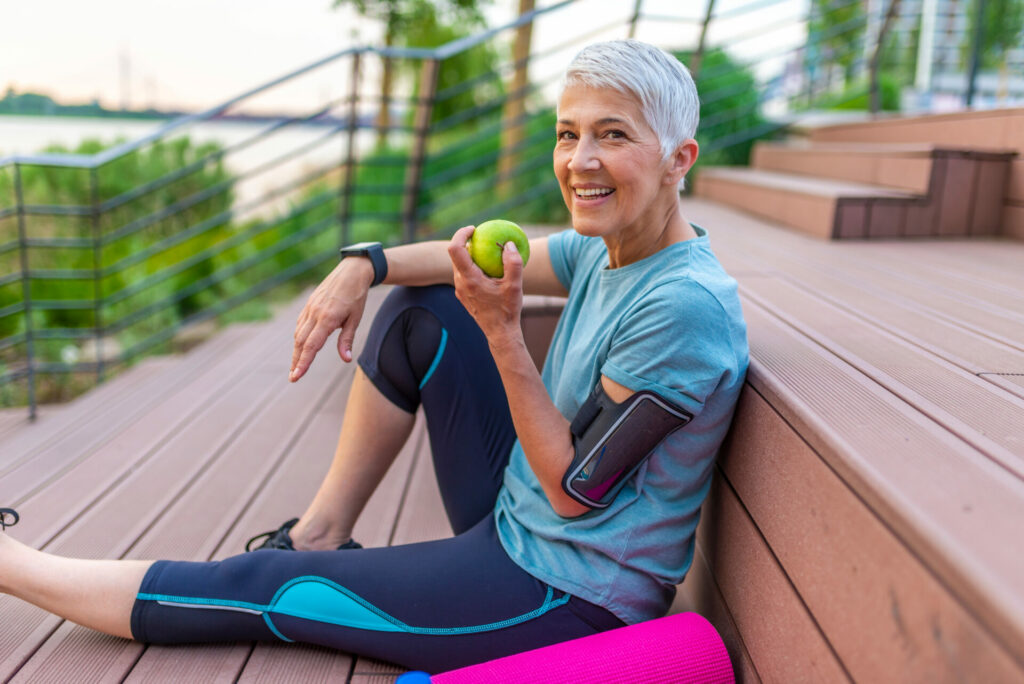
Most women are peri-menopausal by the time they hit 50, and soon the depression, irritability and mood swings give way to the hot flushes, night sweats and skin dryness of the menopause.
Victoria continues: ‘On top of that, our body’s digestive system starts to dwindle, making it more difficult to absorb and digest proteins and minerals. As we age, we produce less stomach acid which impairs digestion.
‘We also may be low in vitamin B12, either because our bodies have difficulty absorbing it, or because we’re on a vegetarian or vegan diet – B12 is found in animal products, and it isn’t produced by plants. Symptoms of a deficiency include tingling or numbness in the hands or feet and feeling fatigued.’
Because we’re not as active by this decade, we start to lose muscle, and the decline in our metabolic rate means we gain even more weight.
‘After the age of 30, if we’re sedentary, we will lose three to five per cent of muscle mass in each decade,’ explains Victoria.
‘Many people will now develop chronic health issues such as type 2 diabetes, high cholesterol and high blood pressure, as well as joint aches and pains.’
What should we eat?
‘If menopause symptoms are a problem, eat foods that are rich in phytoestrogens, such as flaxseeds, lentils, chickpeas, parsley and celery, to balance your hormones,’ Victoria advises. ‘The herb ginkgo biloba will help with memory, by improving circulation all over the body, including to the brain.
‘We can boost our digestive system naturally by having a tablespoon of raw apple cider vinegar with water 30 minutes before meals, then avoiding any other liquids during your meal and up to an hour after you’ve eaten.
‘The best way to get vitamin B12 in a vegan diet is through fortified foods, such as some types of nutritional yeast or certain vegan milks or spreads.
‘Calcium is crucial at this age, and can be found in blackstrap molasses, kale, collard greens, figs, tahini, chickpeas and almond butter.’
For anyone suffering from joint aches and pains, Marilyn recommends omega 3s which can be found in flaxseeds and walnuts, or a vegan supplement.
In our 60s
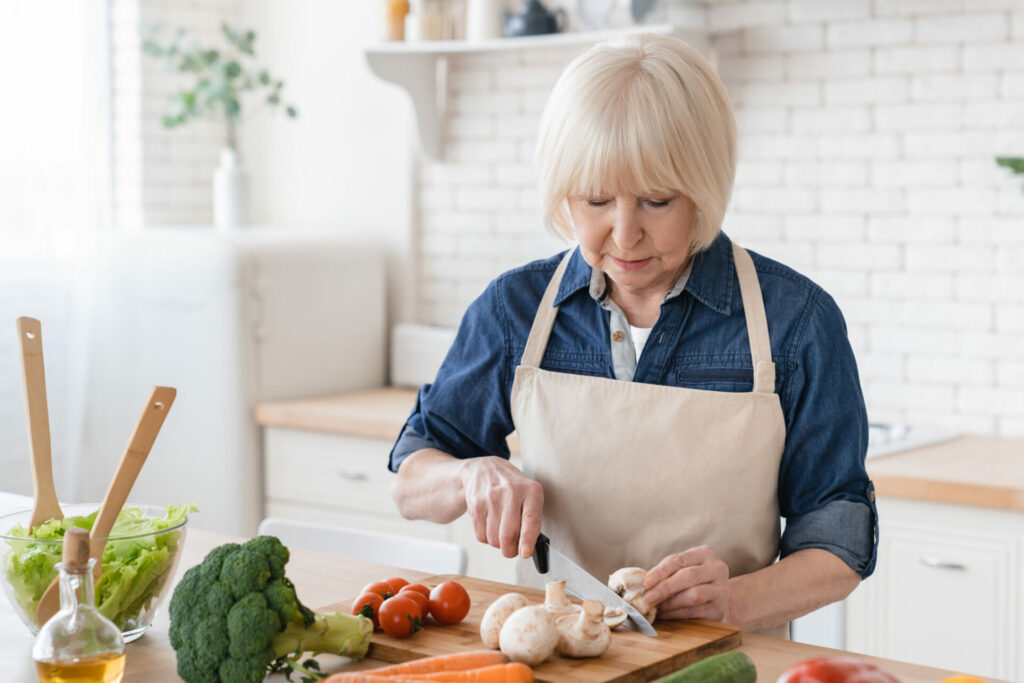
By this decade, our body’s ability to deal with glucose (energy from food) has declined, and this decline increases our risk of diabetes. As well as a diabetes check, it’s worth getting our cholesterol assessed as heart disease is an increased risk in our 60s.
Another issue facing us now is diverticular disease, an inflammation of the intestines, which causes constipation, diarrhoea, stomach pain, fever and vomiting, similar symptoms to IBS, irritable bowel syndrome.
As if that isn’t bad enough, arthritis – a wear and tear disease – now raises its head so it’s important to keep as flexible as possible with gentle exercise such as swimming.
What should we eat?
‘As many as eight out of ten people with diabetes are overweight, so eat a healthy diet and exercise regularly to keep your weight down,’ advises Marilyn. ‘Studies have shown that women who exercise for 30 minutes a day and eat a diet low in trans fats (often found in processed foods), and high in fibre (found in wholegrains, fruit and vegetables) reduce their risk of diabetes by up to 90 per cent.’
To keep your digestion healthy, she recommends using peppermint oil, which has an anti-spasmodic effect, artichoke extract which can reduce symptoms of bloating, and probiotics to replace the healthy bacteria in the colon and ease digestive problems.
Marilyn adds that omega 3s, found in oily fish, nuts and seeds, are essential at this age.
‘Omega 3 fish oils have an anti-inflammatory effect and can sometimes work as well as prescription drugs to ease pain,’ she says. ‘Ginger has also been found to have anti-inflammatory properties and glucosamine is an amino acid found naturally in your body’s cartilage that may help with joint repair.
‘Adding the spice turmeric can be helpful for joint pains. Apple cider vinegar is useful too, as, contrary to what we might think, it helps the body to be more alkaline which reduces inflammation.’
In our 70s
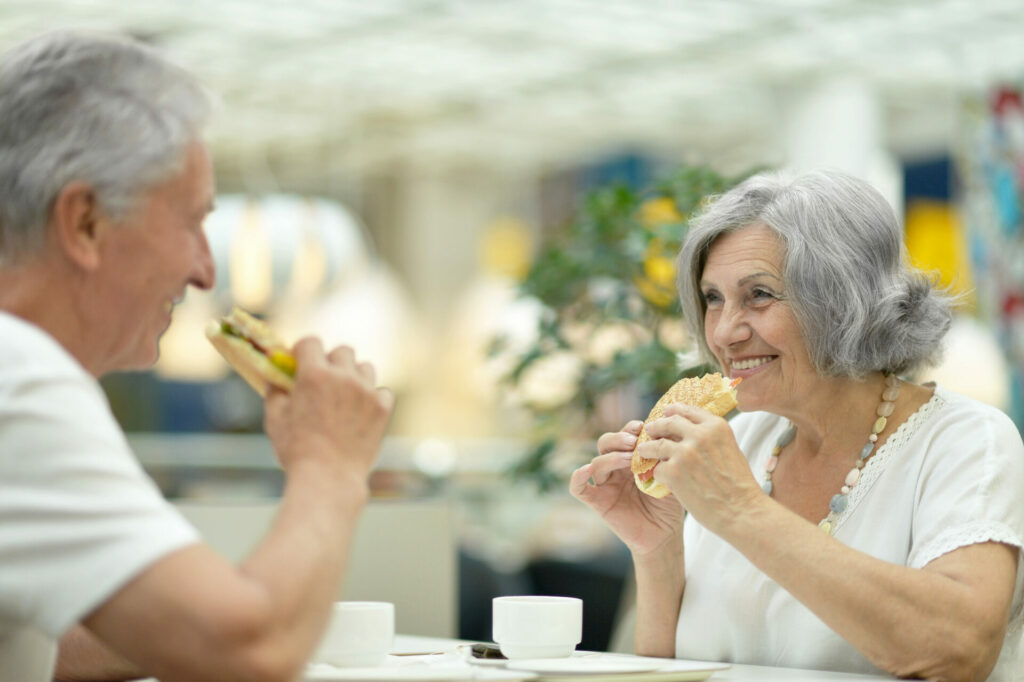
It’s thought that most of our degenerative diseases, such as cardiovascular disease, type 2 diabetes, Alzheimer’s Disease and cancer, are caused by too much inflammation in the body and if we haven’t suffered them already, this is when they might get diagnosed.
Women may now be 30 years post-menopause, and with this come the problems associated with low oestrogen, such as osteoporosis.
In this decade, we’re more at risk of breaks, such as hip fractures, than ever before. And age-related macular degeneration in your eyes is another threat to good health.
What should we eat?
Omega 3 fish oils continue to play a major part in good health in our 70s, as not only do they control inflammation, they also slow down the ageing process.
‘Having good levels of omega 3 fats is important as they help to prevent blood clotting and they lower blood pressure,’ says Marilyn. ‘The DHA in the fish oils can also reduce the formation of plaque in the brain, helping the brain to function well. And they also protect our eyes.
‘The Harvard School of Public Health in America stated that omega 3 deficient diets cause up to 96,000 preventable deaths a year in the US.
‘Ideally, find a fish oil supplement containing about 770mg of EPA and 510mg of DHA.
‘Another supplement to consider is vitamin C, an important antioxidant and also beneficial for the immune system. This vitamin is crucial for the manufacture of collagen, which is important for bone health, gives our skin its elasticity and keeps blood vessels strong to prevent easy bruising.
‘Research has found that older people who have a higher supplemental intake of vitamin C have fewer hip fractures than people with the lowest intake.
‘Choose vitamin C in the alkaline form, magnesium ascorbate, as this will be gentler on your digestive system than the more common acidic form – ascorbic acid.’
• Victoria Tipper is a qualified nutritionist and Gallup certified executive coach, based in Dubai, with a degree in genetics and a Masters in Human Nutrition. She also holds a qualification in NLP, neuro-linguistic programming, and she is a GAPS (gut and psychology syndrome) practitioner.
- Dr Marilyn Glenville PhD is a UK Harley Street nutritionist whose clinics are remote. She is the author of 17 internationally best-selling books, including Natural Solutions to Diabetes – How to prevent, treat and reverse type 2 diabetes and prediabetes.









